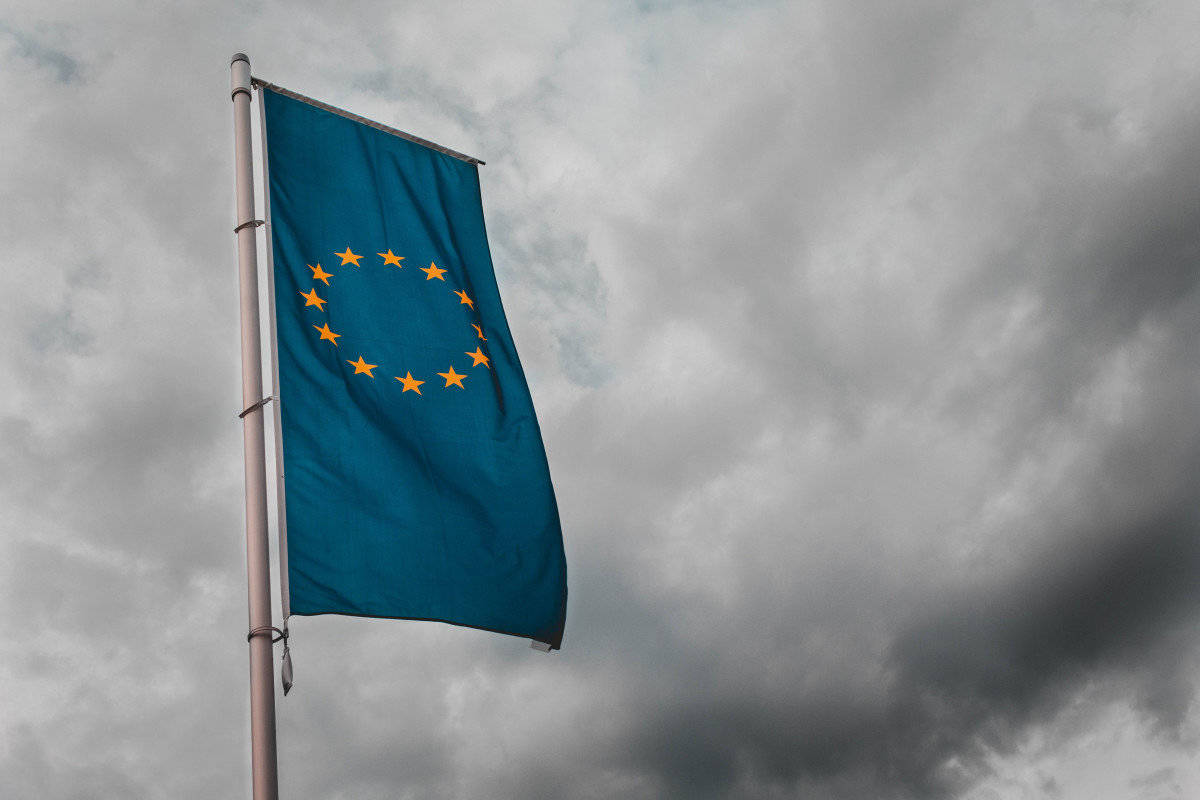The EU’s Internal Market and Consumer Protection (IMCO) Committee has conducted extensive research looking at loot boxes and their possible risk to players.
Hailed as the most in-depth study on the design of these in-game features by an EU agency, their potential risk on young consumers was a key area of focus.
Some member states, such as Belgium, have already classed loot boxes as a form of gambling and banned them.
While links to gambling were acknowledged, the report believes that there are broader issues that need to be addressed too.
A gambling issue, or one related to the wider protection of consumers?
The IMCO Committee’s report assesses whether or not loot box prizes have real money or in-game value, along with the transparency given when it comes to acquiring items from this feature. Also considered was whether or not the content improves gameplay or is just there for looks, plus their access related to gameplay achievements and how much they cost in this respect.
Belgium and the Netherlands have both classed loot boxes as a form of gambling, as has Slovakia.
The report acknowledges that some research already out there has linked gambling and loot boxes. However, it also believes that other consumer protection measures need to be considered.
“Loot boxes are a specific (albeit prominent) example of more general issues related to problematic game design and in-game monetisation methods which can also appear in video games independently of loot boxes.
“As business models and design elements in the video game industry develop rapidly, focusing in particular on the regulation of loot boxes carries the risk that they will simply be replaced by other potentially problematic game designs and monetisation methods in the future and that regulation will lag behind technological development.”
Does the EU have any power to class loot boxes as gambling?
The IMCO pointed out that “despite EU level action and pan-European coordination efforts, gambling regulation remains a matter of national competence”.
In the broader context of the Single Market, it was noted that some countries taking the same route as the likes of Belgium – but others not doing so – could “fragment” this. The report said the following in relation to this.
“In the Member States where loot boxes are banned, video game publishers cannot market the same games as in the other Member States, and players cannot buy and play the same games.
“Since gambling legislation is the competence of the EU Member States, all Member States would need to develop a common approach to avoid the EU market for video games becoming fragmented.
“The fact that the national gambling authorities have come to different conclusions about the nature of loot boxes, despite similarities in their national legal definitions of gambling and despite their cooperation in the framework of GREF, shows the limitations of such a national approach.”
Cooperating on a more local level
While many loot boxes don’t offer content that “can be converted into real-world money”, there are some grey market third-party platforms that allow virtual products to be traded. To combat this, the IMCO Committee recommends that gaming developers and national gambling regulators work together to address these problems.
“The key issues here are around loot boxes where the reward can be converted to real-world money. While this is not possible for most types of loot boxes, grey markets exist on third-party platforms where virtual items are traded.
“It is thus recommended that national gambling authorities intensify their cooperation to ensure that video game publishers take action against illegal marketplaces that violate their terms and conditions.”























